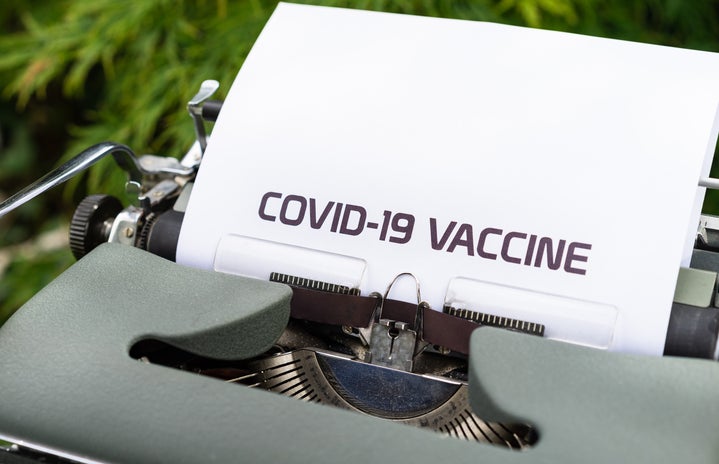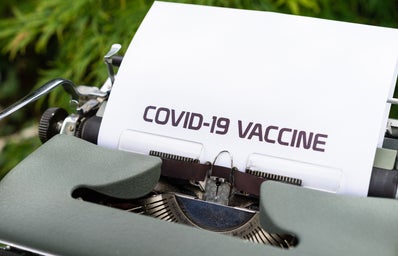As the United States approaches its tenth month of battling with the COVID-19 pandemic, the death toll from the virus climbs exponentially. To many, a vaccine seems to be the only option to control the deadly disease that has adversely transformed the lives of millions. Since the spring, dozens of pharmaceutical companies have been desperately attempting to search for and test a vaccine in record time. Recently, two pharmaceutical companies, Pfizer and Moderna, have pushed ahead in this race to revert to normal life, and the release of a vaccine looks hopeful.
Pfizer’s strain of the vaccine is proving to be an ultimate front runner in making strides to herd immunity, and new estimates suggest that Americans could get access to the COVID-19 vaccine as early as December 11th. Distribution of the vaccine could begin very soon after its approval. Dr. Moncef Slaoui, who has led the crusade to develop and distribute a vaccine throughout the U.S., has announced that vaccines would be able to arrive at immunization sites within one day after its approval. The current Pfizer vaccine requires two doses in order to be effective and has demonstrated 95% efficacy based upon comprehensive trials and other studies. Pfizer’s competitor, Moderna, has also reported near 95% efficacy in their strain of the COVID-19 vaccine.

The somewhat rapid turnaround in vaccine status has been prompted by Pfizer and its partner BioNTech’s application for the COVID-19 vaccine to be authorized under an emergency status. The vaccine advisory committee of the U.S. Food and Drug Administration (FDA) plans to meet on December 10th to converse about the authorization of Pfizer’s contender.
While imminent vaccine distribution seems hopeful, barriers remain in between its dispersion and herd immunity – the concept that “a population can be protected from a certain virus if a threshold of vaccination is reached.” Firstly, the pattern of vaccine allocation is unclear and varies between states. Ideally, the vaccination will be dispersed in waves of prioritization with at-risk demographics such as healthcare workers and elderly Americans potentially gaining initial access to the protective factor. However, the controversy behind the vaccine remains high, and therefore, its distribution also serves as a source of dispute.

Additionally, many Americans are hesitant to receive the vaccine due to its historically rapid release, as well as a general sense of mistrust surrounding the science behind COVID-19. However, as time commences, Americans are increasingly willing to receive the vaccine. According to a Gallup poll, this month, Americans are 8% more willing to be vaccinated with the COVID-19 vaccine than they were in September, with only 42% of adults saying they are still hesitant. Unfortunately, 58% of the U.S. population is not enough to reach effective herd immunity, according to Dr. Slaoui, and a 70% vaccination rate is necessary in order to reach a place where society can finally experience a sense of safety. Due to issues with distribution and skepticism, William Schaffner, an expert on preventative medicine, predicts that with an effective vaccine, the summer of 2021 will not be completely normal, but will vastly improve. Schaffner remarked that by Thanksgiving of 2021, life may return to “near normal.”
Thankfully, the fruition of an effective COVID-19 vaccine appears to be probable and may even be achieved by the new year. However, many barriers still persist between the vaccine’s release and herd immunity. Due to these limitations in vaccine distribution, it is essential that Americans continue to practice preventative measures recommended by public health professionals and scientists such as social distancing, mask-wearing, and proper ventilation. As the holiday season approaches, remember to stay consistent in your safety practices to keep your community and the entire nation safe…after all, the light of reverting to some semblance of normalcy is at the end of the tunnel.
Can’t get enough of HC UMass Amherst? Be sure to follow us on Instagram, listen to us on Spotify, like us on Facebook, and read our latest Tweets!


